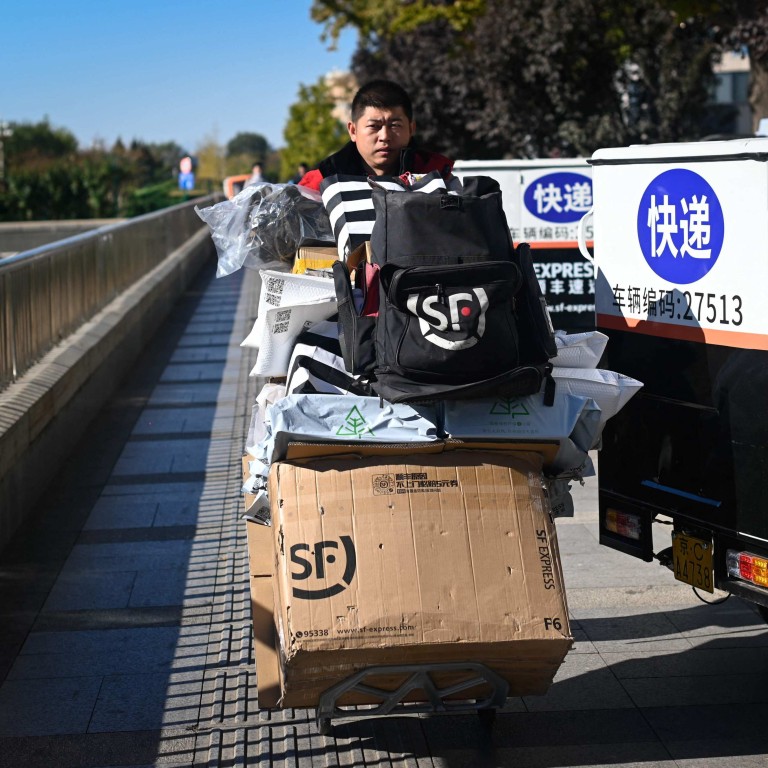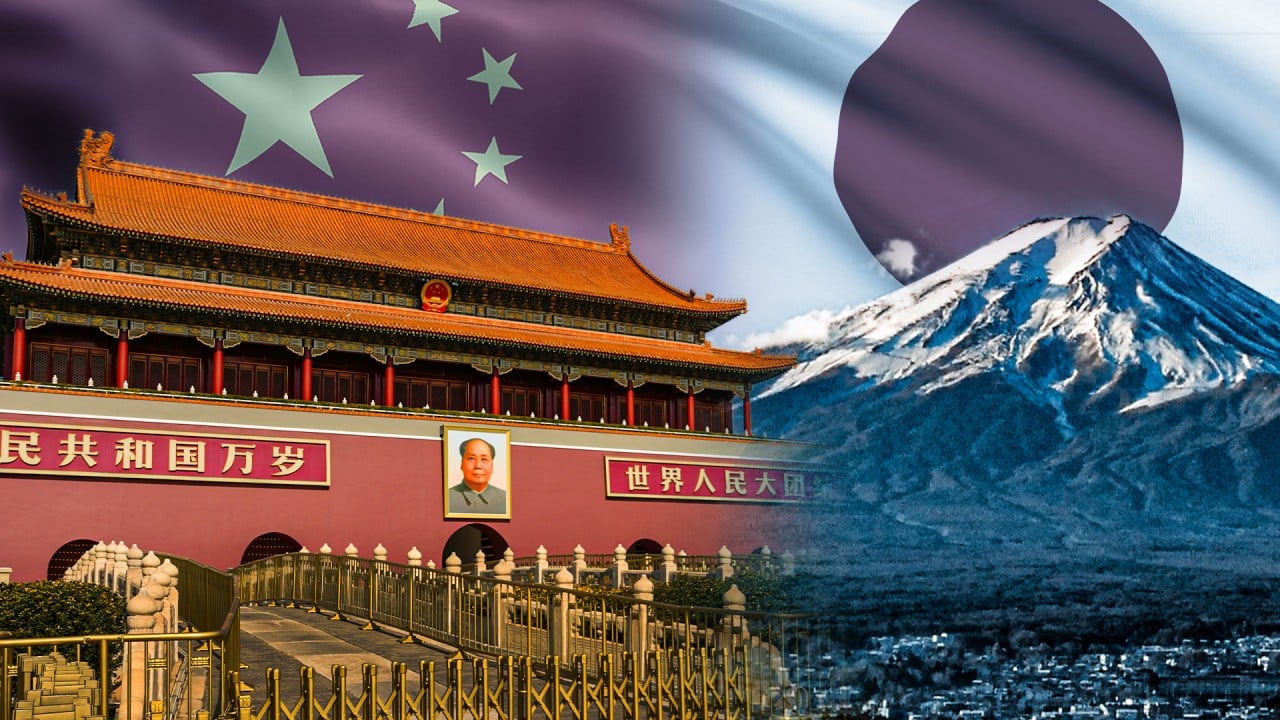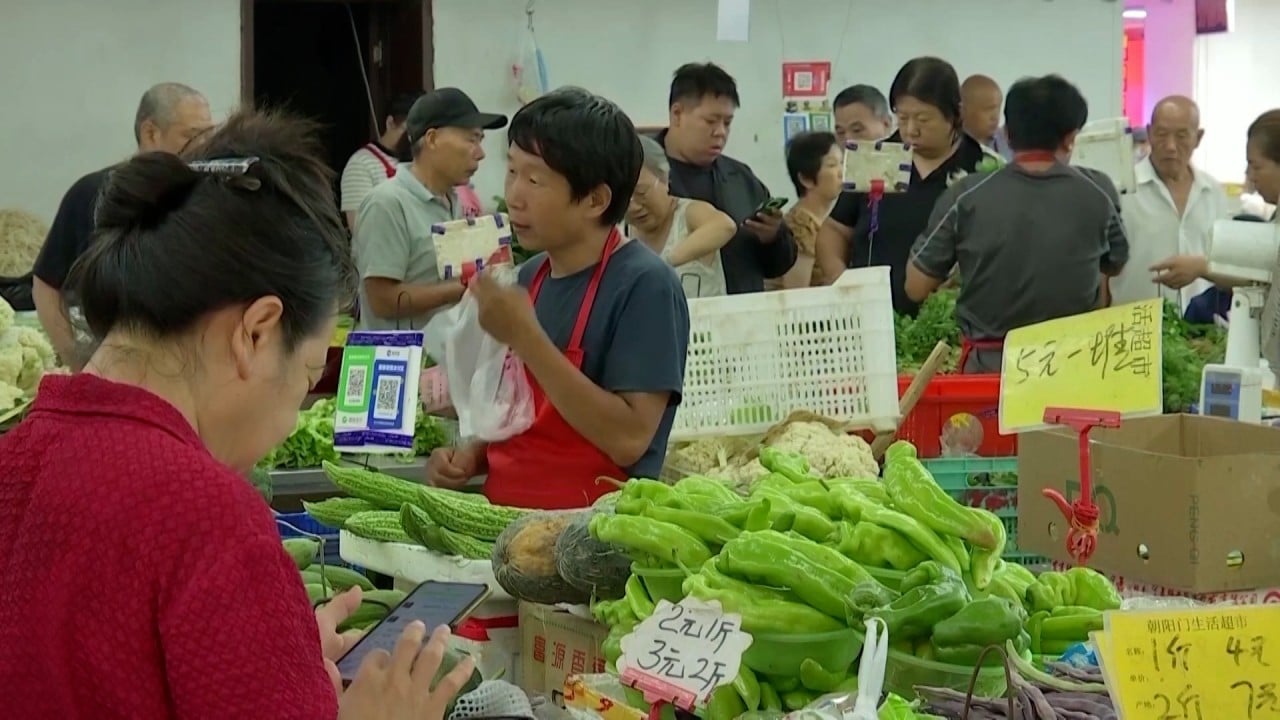
Four lessons China must heed from Japan to get its economy back on track
- If Beijing wants to beat the odds, it needs to succeed in key areas where Japan failed following its bad-loan crisis
- These include being bold, treating the causes not the symptoms, avoiding policy blunders and having the political will to act
It is true that investors haven’t made vast sums betting against China as the Communist Party has kept crises from getting out of hand in the past 30 years. Xi’s team might also beat the odds, but only if they prioritise four imperatives that eluded Japan following its bad-loan crisis.
How Zhu Rongji’s bold approach can inspire China’s economic reform
Second, treat the problems rather than the symptoms. China needs a powerful burst of policy-driven reform to clean developers’ balance sheets of dodgy assets. The centrality of the property sector, which can generate as much as 30 per cent of GDP, means the stakes are high, and growing.
Economists at Citigroup estimate China’s property market hit US$65 trillion in 2020. This is more than 3.6 times China’s annual GDP and more than the combined property sectors of the United States, European Union and Japan. The longer Beijing drags out ridding developers from toxic assets, the deeper China will slide into deflation.
During Shinzo Abe’s time as prime minister, Tokyo made this mistake twice. The government raised sales taxes to 8 per cent in 2014 and then to 10 per cent in 2019 to help pay down debt. Both increases slammed growth, necessitating even more government borrowing.
Is China in danger of Japanification? What can it do to avoid lost decades?
Fourth, political will is everything. The scale of the debt restructuring China needs will be deeply disruptive to a growth model so reliant on real estate revenue. It’s made all the more difficult by a dearth of transparency at the central government, municipal and corporate levels.
As the 1990s progressed, Tokyo dragged its feet in producing a bottom-line number for its bad-loan burden of more than US$1 trillion. The murkiness helped delay Tokyo’s response in ways Beijing can’t afford.
It is great that Premier Li Qiang is “talking the talk” about bold reforms to come. As Li said on November 5: “We will further relax market access … protecting the rights and interests of foreign investment in accordance with the law and continue to create a market-oriented, legal, and international business environment.”
But whether Li can “walk the walk” depends on how much latitude he is afforded. Might plummeting growth make Xi less tolerant of major reform? This is the big question as 2024 approaches. As Xi decides how much change is acceptable to free China’s animal spirits, the ghosts of Japan loom large.
William Pesek is a Tokyo-based journalist and author of “Japanization: What the World Can Learn from Japan’s Lost Decades”



